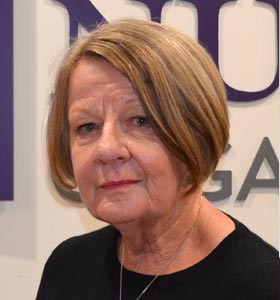
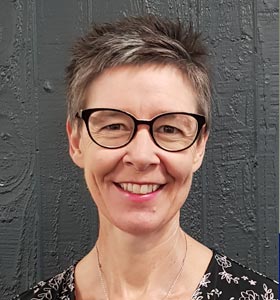
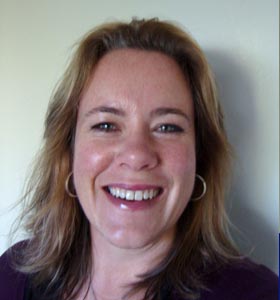
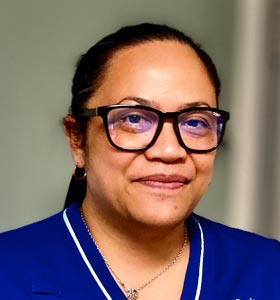
Former NZNO associate professional services manager Hilary Graham-Smith will chair the panel, which was announced by Health Minister Andrew Little at the 2021 NZNO conference.
The other panel members are Nelson District Health Board associate director of nursing Jill Clendon (a former NZNO researcher and professional nursing advisor), Massey University senior nursing lecturer Rhonda McKelvie and Capital & Coast DHB clinical nurse manager Kapua Quinn.
The 2018 safe staffing accord included funding for an extra 3000 nurses and a June 2021 deadline to install care capacity demand management (CCDM) systems in all district health boards, Little said.
It was fully implemented in only half of the 20 DHBs by June.
“All four members [of the panel] have a deep understanding of the issues, and I’m confident in their abilities to uncover the problems and come up with solutions.”
The panel would report its recommendations by December, Little said. “And then I hope that together we can work on fixing the situation and fulfil the original ambition for CCDM.”
‘Carrying more than your share’
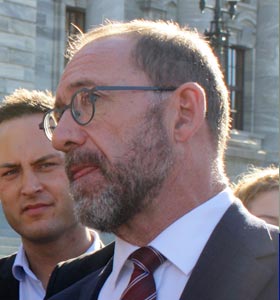
Speaking at the NZNO conference, Little said nurses were on the front line of the battle against COVID-19.
“As you are in every health crisis, …you are carrying more than your share of the load.” This included hospital, primary and aged residential care staff – but also those in vaccination stations, and caring directly for COVID-19 patients.
The health system had been under pressure for a long time, he said. “You’re entitled to work in conditions that keep you and your patients safe.”
Little said dealing with the nursing shortage was a high priority. He had asked the Ministry of Health to develop a nursing recruitment campaign to fill nationwide vacancies.
“This work is underway and will focus on getting more people to train as nurses and encourage those working overseas to come home.”
…the Government was committed to paying nurses fairly through pay equity.
He said Cabinet had allocated funding for the upcoming pay equity claim, directly covering about 40,000 nurses. Negotiations were underway and the Government was committed to paying nurses fairly through pay equity, he said.
“There is no place in 21st century Aotearoa/New Zealand for 1950s attitudes to work predominately carried out by women.”




